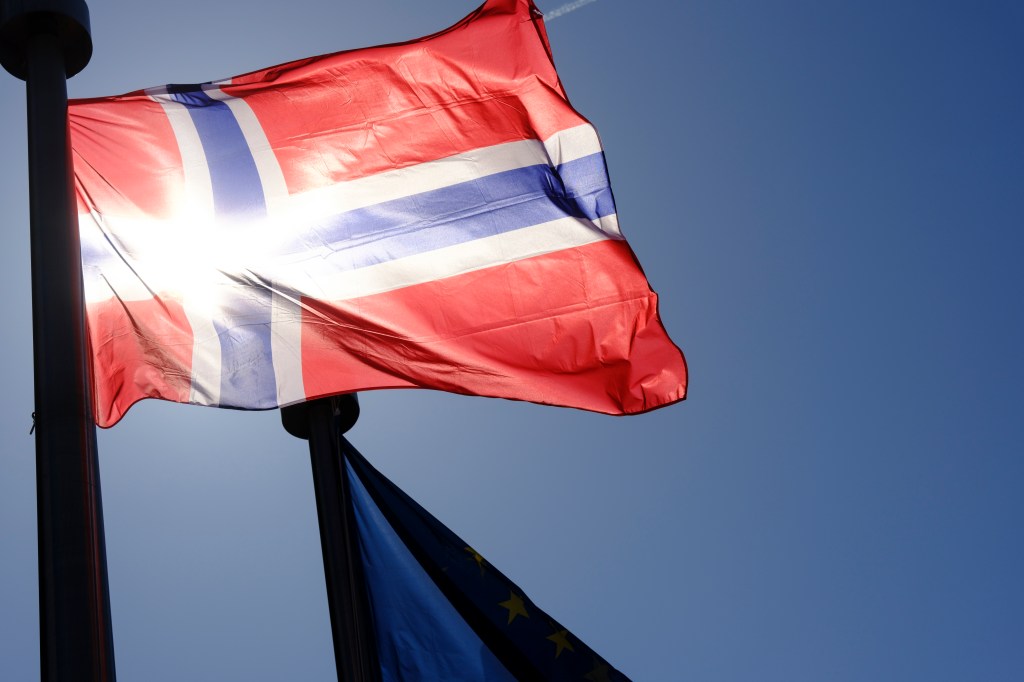Federal judge blocks Trump admin’s gender-restrictive passport policy
A federal judge in Massachusetts has blocked the Trump administration’s move to cease offering the X gender marker on U.S. passports or allowing passport holders to change their gender marker.
U.S. District Judge Julia Kobick, an appointee of President Joe Biden, granted a motion Friday for a preliminary injunction, which keeps the policy from being enforced while a lawsuit against it is heard, the Associated Press reports.
The State Department implemented the policy, which affects transgender, nonbinary, and intersex people, in January in keeping with Donald Trump’sexecutive order recognizing only male and female sexes and denying that one’s gender can ever change — something that is at odds with the view of every major medical group. The policy does not affect existing passports but applies to new ones and renewals. Five trans people and two who are nonbinary filed suit against the policy in February in U.S. District Court in Massachusetts.
“The Executive Order and the Passport Policy on their face classify passport applicants on the basis of sex and thus must be reviewed under intermediate judicial scrutiny,” Kobick wrote, according to the AP. “That standard requires the government to demonstrate that its actions are substantially related to an important governmental interest. The government has failed to meet this standard.”
Those who sued are represented by the American Civil Liberties Union, its Massachusetts affiliate, and the law firm of law firm Covington & Burling. “We all have a right to accurate identity documents, and this policy invites harassment, discrimination, and violence against transgender Americans who can no longer obtain or renew a passport that matches who they are,” ACLU lawyer Sruti Swaminathan said, as reported by the AP.
“This decision is a critical victory against discrimination and for equal justice under the law,” Li Nowlin-Sohl, senior staff attorney for the ACLU’s LGBTQ & HIV Project, added in a press release. “But it’s also a historic win in the fight against this administration’s efforts to drive transgender people out of public life. The State Department’s policy is a baseless barrier for transgender and intersex Americans and denies them the dignity we all deserve. We will do everything we can to ensure this order is extended to everyone affected by the administration’s misguided and unconstitutional policy so that we all have the freedom to be ourselves.”
“This ruling affirms the inherent dignity of our clients, acknowledging the immediate and profound negative impact that the Trump administration’s passport policy would have on their ability to travel for work, school, and family,” Jessie Rossman, legal director at ACLU of Massachusetts, said in the release. “By forcing people to carry documents that directly contradict their identities, the Trump administration is attacking the very foundations of our right to privacy and the freedom to be ourselves. We will continue to fight to rescind this unlawful policy for everyone so that no one is placed in this untenable and unsafe position.”
Under Biden, the State Department made the X option available to all applicants in 2022 and made it easier to change the gender marker. It had issued one passport with the X marker in 2021 — to Dana Zzyym, an intersex and nonbinary U.S. Navy veteran in Colorado who had sued the department for only offering a male or female choice on the passport application.
Kobick had expressed skepticism about the Trump administration’s passport policy when hearing arguments three weeks ago. “It seems to deny that gender identity is something worth recognizing,” she said, according to Reuters. She also noted the “slew of government actions against transgender and nonbinary people.”
In defending the policy, the administration’s lawyers said it “does not violate the equal protection guarantees of the Constitution,” the AP reports. However, many judges have ruled that discrimination based on gender identity does violate these guarantees. And in the 2020 Bostock v. Clayton County decision, the U.S. Supreme Court ruled that discrimination based on gender identity or sexual orientation is sex discrimination and therefore banned by the Civil Rights Act of 1964. The high court’s ruling, written by Trump appointee Neil Gorsuch, applied only to job discrimination, but it has been used to argue against discrimination in other areas of life.
The Trump administration further claimed that the policy would not harm passport holders because they remained free to travel, but many trans, nonbinary, and intersex people worried that having a gender marker that doesn’t match their appearance would cause difficulties when traveling.

